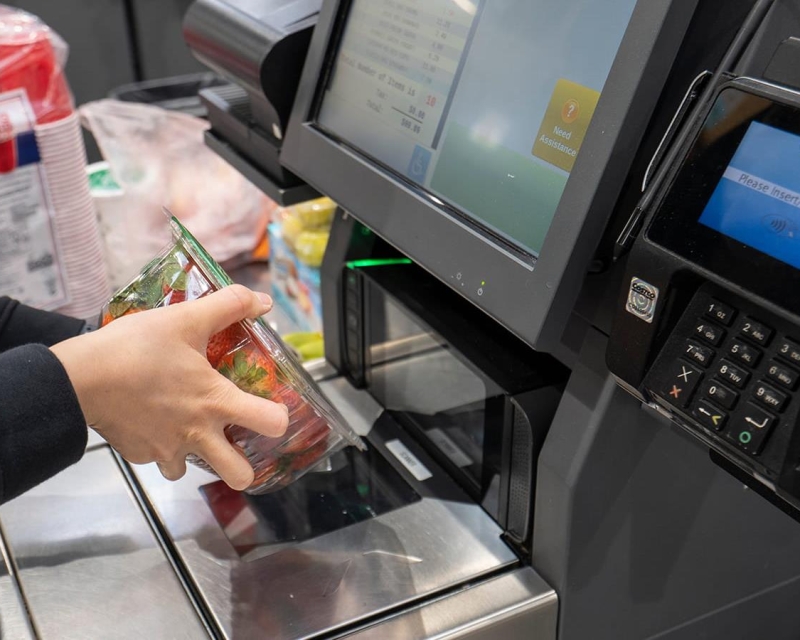California’s Bill to Eliminate Self-Checkout is a Financial Blow to Businesses
California businesses are bracing for yet another financial hit, and this time, the culprit is Senate Bill 1446. The proposed legislation aims to curb theft by eliminating self-checkout stations, but industry experts warn that it could impose substantial costs on business owners, pushing many to the brink.
Self-checkout stations have become a staple in modern retail environments, praised for their convenience and efficiency. They allow customers to quickly scan and pay for their items without waiting in long lines, thereby enhancing the shopping experience. However, these benefits come with a downside: increased theft. The anonymity and lack of direct oversight at self-checkout stations have made them an easy target for shoplifters.
Senate Bill 1446 seeks to address this issue by prohibiting grocery and retail drug establishments from providing self-service checkout options unless certain conditions are met. The bill stipulates that no more than two self-service checkout stations can be monitored by a single employee, and that employee must be relieved of all other duties. This means that businesses would need to hire additional staff solely to oversee self-checkout stations, significantly driving up labor costs.
For large retailers, this bill represents a logistical and financial nightmare. The cost of hiring extra employees to monitor self-checkout stations could run into the millions, and this expense will likely be passed on to consumers in the form of higher prices. Smaller businesses, already struggling to stay afloat in a post-pandemic economy, may find these additional costs insurmountable. The potential for reduced operational efficiency and increased overheads could lead some to close their doors for good.
Moreover, the proposed legislation overlooks the technological advancements that have made self-checkout more secure. Modern self-checkout stations are equipped with sophisticated software and surveillance systems designed to detect and deter theft. These technologies, combined with periodic staff checks, can significantly reduce the risk of shoplifting without the need for such drastic measures.
Adding to the burden is California’s rising minimum wage, which has further strained businesses already dealing with tight profit margins. Coupled with the requirements of Senate Bill 1446, the increasing labor costs make it even more challenging for businesses to stay afloat in today’s economy. Many retailers are finding it harder to balance their books, and the combination of these financial pressures could lead to an even higher rate of business closures and job losses.
The bill’s supporters argue that eliminating self-checkout will protect businesses from theft-related losses, but this perspective fails to consider the broader economic impact. The increased labor costs and potential business closures could lead to job losses, reduced consumer spending, and a weakened local economy. Instead of imposing a blanket ban on self-checkout, a more balanced approach would involve enhancing security measures and providing businesses with the tools and training needed to prevent theft.
At the end of the day, while the goal of Senate Bill 1446 is to reduce theft, its implementation could have far-reaching negative consequences for California businesses. By imposing stringent conditions on self-checkout stations, the bill risks driving up costs, reducing efficiency, and ultimately harming the very businesses it seeks to protect. A more nuanced approach is needed to address theft without jeopardizing the financial health of California’s retail sector.






